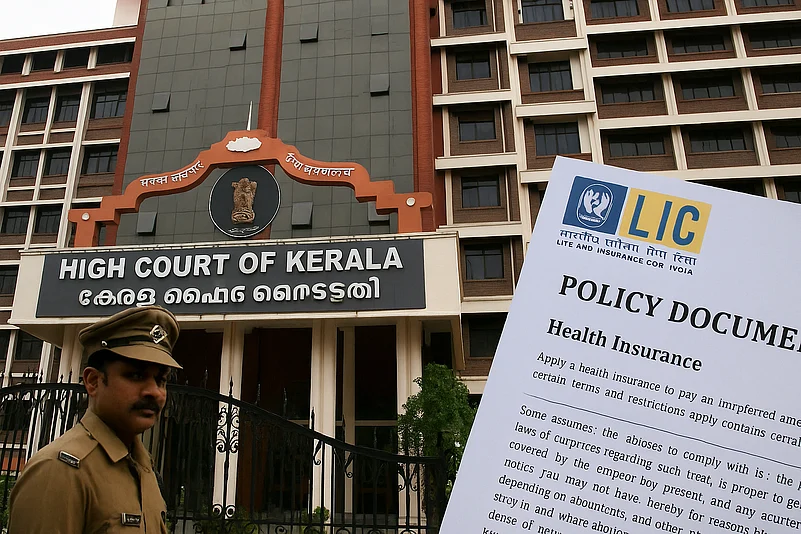
Summary of this article
Kerala High Court slams LIC for rejecting claim on flimsy “non-disclosure” grounds
Court cites Section 45, barring reopening policies after two years without fraud
Judgment links wrongful claim denial to violation of the right to health
LIC ordered to release full claim; insurers reminded to act in good faith
The Kerala High Court has come down heavily on Life Insurance Corporation of India (LIC) for rejecting a policyholder’s medical claim on technical grounds, according to a recent report by Live Law. The court said the insurer’s reasoning was “unsustainable” and warned that the practice of denying treatment claims over minor disclosures undermines public faith in health insurance.
The ruling came in two linked petitions concerning LIC’s Health Plus Plan. Justice P. M. Manoj said the corporation had failed to act in good faith when it refused to reimburse treatment expenses, and ordered that the claim be settled without delay.
When “Non-Disclosure” Becomes An Excuse
LIC had maintained that the insured person had not mentioned a hernia operation done years earlier, calling it a case of material non-disclosure. The High Court disagreed. The judge pointed out that the operation had been done years before the policy even came into force, and it bore no link to the treatment that later led to the claim. In plain terms, the earlier surgery had nothing to do with the ailment for which the policyholder sought coverage.
Referring to Section 45 of the Insurance Act, 1938, the court reminded insurers that once a policy has run its course for more than two years, they have no business reopening it, unless they can clearly establish that the customer acted fraudulently. The policy in this case dated back to 2008; the claim was made much later. The argument, the court said, simply did not hold.
Justice Manoj also clarified that a past illness can be “material” only if it directly affects the treatment being claimed. Pulling up an unrelated surgery from the past to justify a rejection, he observed, goes against the entire idea of health cover. He further reiterated that when any clause in a policy is open to two interpretations, it must be read in favour of the policyholder, not the insurer that drafted it.
Health Insurance And The Right To Life
The judgment didn’t stop at contractual interpretation. The bench connected the issue to the right to health, which flows from Article 21 of the constitution. A wrongful denial of a claim, the court said, effectively blocks access to medical care and therefore infringes a fundamental right.
Public insurers, it added, carry a special duty to be fair and humane. Rejecting genuine claims over immaterial details damages public confidence and contradicts the very purpose of a welfare-driven insurance system.
LIC has been directed to release the full claim amount. For the wider sector, the order acts as a reminder that technicalities cannot outweigh compassion or legality.
What Policyholders Should Note
Insurers cannot reopen policies older than two years unless fraud is shown.
Past ailments matter only if they influence the present treatment.
Ambiguous clauses in a policy must favour the insured.
Refusing legitimate claims can breach constitutional rights.
For consumers, the verdict is reassurance that insurance must protect them when it matters most. For insurers, it signals that good faith and fairness are not optional add-ons; they are the foundation of trust.













